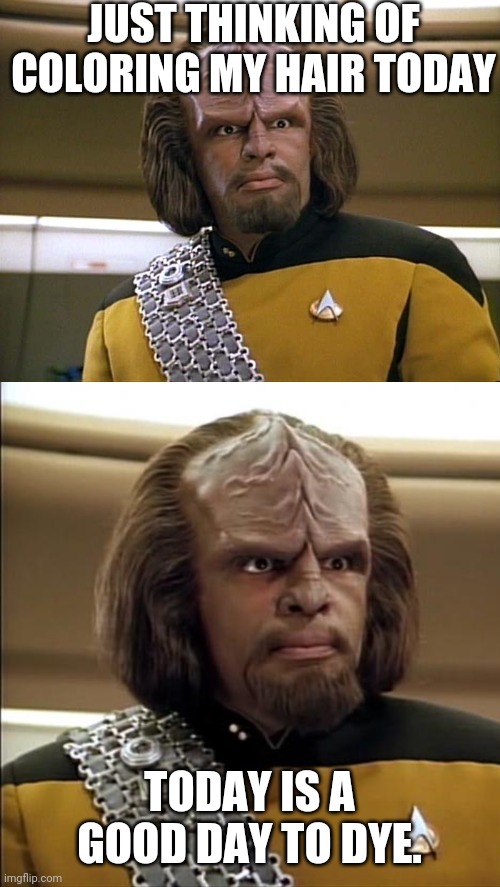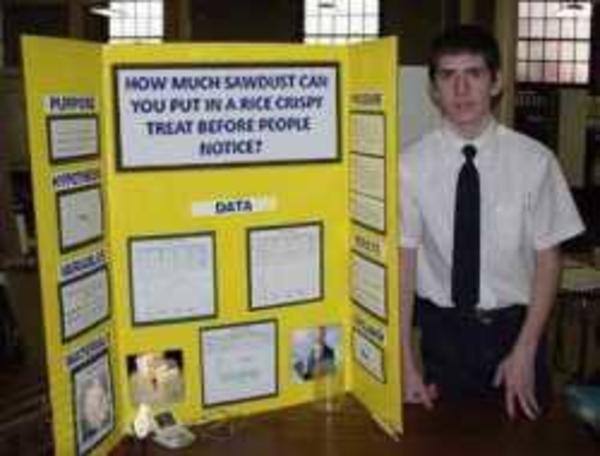Sue Pertwee-Tyr
Accuphase all the way down
h.g. you've done it again, a bit, but I think the gist of what you are saying is that it is straightforward to test whether something is inaudible, rather than whether it is audible.
Would you have any suggestions as to the form such a test might take, in the sort of context we're dealing with here?
Would you have any suggestions as to the form such a test might take, in the sort of context we're dealing with here?



